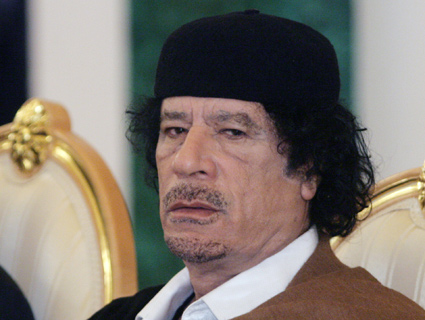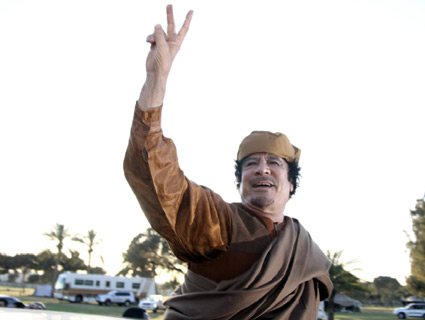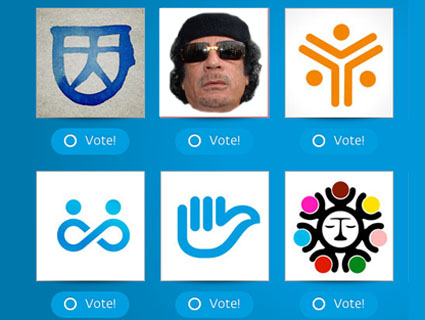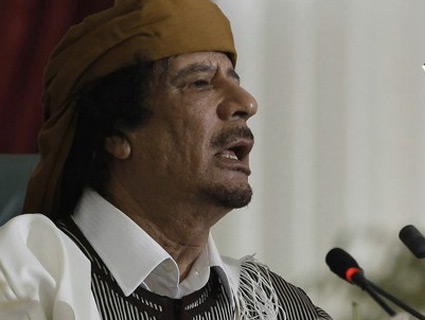On Sunday, Libya’s Transitional National Council announced that its fighters had captured Saif al-Islam, a son of the late Libyan dictator Moammar Qaddafi. Here’s a bit from the New York Times‘ report:
But while transitional government leaders in the capital, Tripoli, promised that Mr. Qaddafi would be closely guarded and turned over to the International Criminal Court to be tried on war crimes charges, leaders in Zintan insisted that they would not hand him over until a formal national government was formed — a process that is in the works but at least a day or two away.
Such insistence on factional power is at the heart of international concerns about Libya’s future. And after Colonel Qaddafi’s capture and killing at the hands of militiamen a month ago, his son’s case will be an important test of Libya’s commitment to the rule of law.
Videos and images posted on the internet after Moammar Qaddafi’s capture showed apparent torture followed by what seemed to be a summary execution. One of the dictator’s sons, Mutassim al-Qaddafi, died under similarly sketchy circumstances, and human rights groups have raised the possibility that Qaddafi supporters in the town if Sirte may have been summarily killed as well. Now Human Rights Watch is calling for al-Islam to be handed over to the International Criminal Court for trial—perhaps so that he might avoid the fate of his father and brother.
But according to Reuters reporters, one of whom traveled with TNC forces as they transported al-Islam, Saif al-Islam’s capture was quite different from his father’s:
Speaking to journalists on Sunday, Atari said that, in the darkness, “Saif jumped out and tried to take cover behind the car.” He then tried to conceal himself under a bundle of clothes, covering it with sand. “But when we told him to surrender he did,” Atari said.
“The operation was simple and without any resistance or casualties. We treated Saif al-Islam properly. No one laid a finger on him because we are men of honor.”
It’s probably a hopeful sign that this time around, forces aligned with the TNC were able to restrain themselves from sexually assaulting and executing their prisoner.















